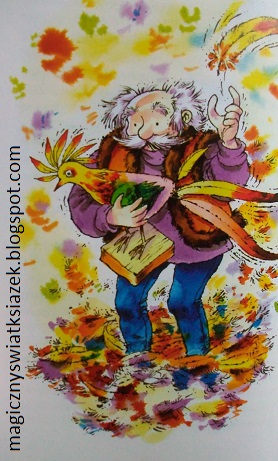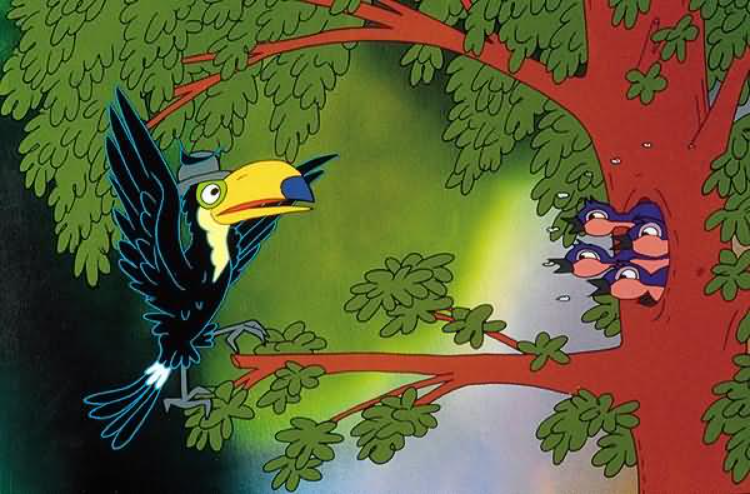

Karolak also lists the titles of texts read at schools between 19, i.e. 23−48.Ĥ5 See Sylwia Karolak, Doświadczenie Zagłady w literaturze polskiej 1947−199: Kanon, który nie powstał (Poznań: Nauka i Innowacje, 2014).Ĥ6 See Ibid., pp.

Piotr Trojański (Oświęcim: Państwowe Muzeum Auschwitz-Birkenau, 2014), pp. Edward Gauvin (London: Self Made Hero, 2012).Ĥ4 See Robert Szuchta, “Edukacja o Holokauście AD 2013, czyli czego uczeń polskiej szkoły może się dowiedzieć o Holokauście na lekcjach historii w dziesięć lat po ‘dyskusji jedwabieńskiej’?” in Auschwitz i Holokaust. 210.Ĥ3 Jérémie Dres, We Won’t See Auschwitz, trans. 310.Ĥ2 Ernst van Alphen, “Afekt, trauma i rozumienie: sztuka ponad granicami wyobraźni,” an interview by Roma Sendyka and Katarzyna Bojarska, Teksty Drugie, No. Zbigniew Kwieciński i Lech Witkowski (Warszawa: Instytut Badań Edukacyjnych, 1993), pp. Dylematy i kontrowersje we współczesnych pedagogikach, eds. Tomasz Szkudlarek, “Postkolonializm jako dyskurs tożsamości: w stronę implikacji dla polskich dyskusji edukacyjnych,” in Spory o edukację. They easily breed complacency, stirred by the misguided belief that we are all similar to each other.
.jpg)
363.Ĥ1 Admittedly things can look rather different in practice, as it is difficult to avoid the pitfalls of the “diversity festival” which favours quick and superficial contacts with the Other. On the contrary, the Israeli memory of the Event is by no means an expression of national unity, which results in multiple curricular arrangements.Ĥ0 Bogusław Śliwerski, Współczesne teorie i metody wychowawcze (Kraków: Impuls, 2010), p. This does not mean, however, that Holocaust education is an already settled issue in Israel. Older children are expected to subdue emotions and acquire an intellectual grasp of the events, while adolescents are encouraged to link their emotional and intellectual experiences to the historical narrative with the support of teachers. 259–272.ģ9 This model also underlies the educational practices of Israeli schools, where teaching about the Holocaust begins in the earliest grades. Elżbieta Traba and Robert Traba (Olsztyn: Wspólnota Kulturowa Borussia, 1999), pp. 6.ģ7 Scholem considered Eichmann’s execution ill-advised and claimed that, with such a criminal, the death penalty had produced an illusion of law and wrongly suggested that the Holocaust could be comprehended and find closure through punishing the guiltiest individuals.ģ8 Robert Szuchta, “Refleksje o nauczaniu historii Holokaustu w polskiej szkole,” in Tematy żydowskie, eds. 7–24.ģ6 Idith Zertal, Israel’s Holocaust and the Politics of Nationhood (New York, NY: Cambridge University Press, 2011), p. 26, Special Issue: Memory and Counter-Memory (Spring 1989), pp. 37−43 Pierre Nora, “Between Memory and History: Les lieux de memoire,” trans. Aleida Assmann, Cultural Memory and Western Civilization: Functions, Media, Archives (Cambridge, UK: Cambridge University Press, 2012).ģ5 Pierre Nora, “Czas pamięci,” trans. This volume is a collection of Assmann’s texts translated from German.

Magdalena Saryusz-Wolska (Warszawa: Wydawnictwa Uniwersytetu Warszawskiego, 2013), pp. Karolina Sidowska, in Aleida Assmann, Między historią a pamięcią, ed. Beck Verlag, 1999).ģ3 Halbwachs, On Collective Memory Jan Assmann, Cultural Memory and Early Civilization: Writing, Remembrance, and Political Imagination (Cambridge: Cambridge University Press, 2011).ģ4 Aleida Assmann, “O medialnej historii pamięci kulturowej,” trans. For the German original, see Aleida Assmann, Errinerungsräume: Formen und Wandlungen des kulturellen Geddächtnissen (München: C. Magdalena Saryusz-Wolska (Kraków: Universitas, 2009), pp. Piotr Przybyła, in Pamięć zbiorowa i kulturowa: Współczesna perspektywa niemiecka, ed. Formy i przemiany pamięci kulturowej,” trans. 32 See Aleida Assmann, “Przestrzenie pamięci.


 0 kommentar(er)
0 kommentar(er)
